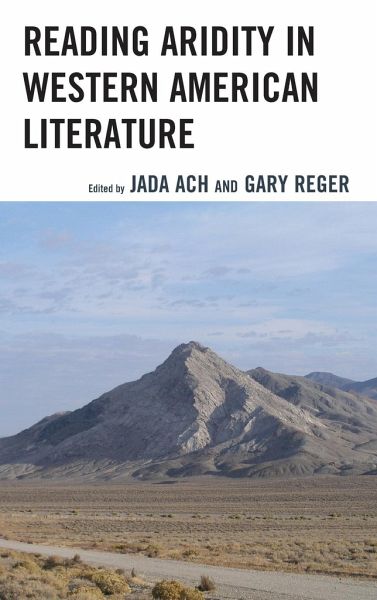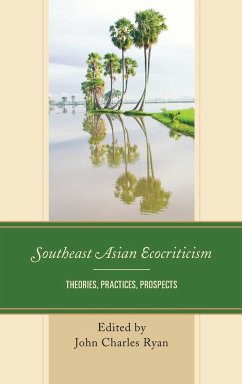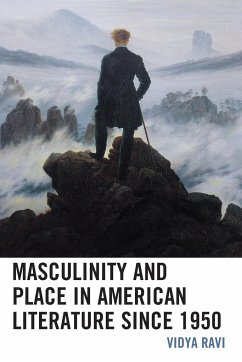
Reading Aridity in Western American Literature
Versandkostenfrei!
Versandfertig in 1-2 Wochen
129,99 €
inkl. MwSt.
Weitere Ausgaben:

PAYBACK Punkte
65 °P sammeln!
Reading Aridity in Western American Literature focuses on literature – fiction, film, non-fiction, and travel literature arid the American West. Treating "classic" authors, ignored works, and books and films by non-Americans, the volume employs ecocritical and/or new materialist approaches to provide a framework for illuminating the desert spaces.













